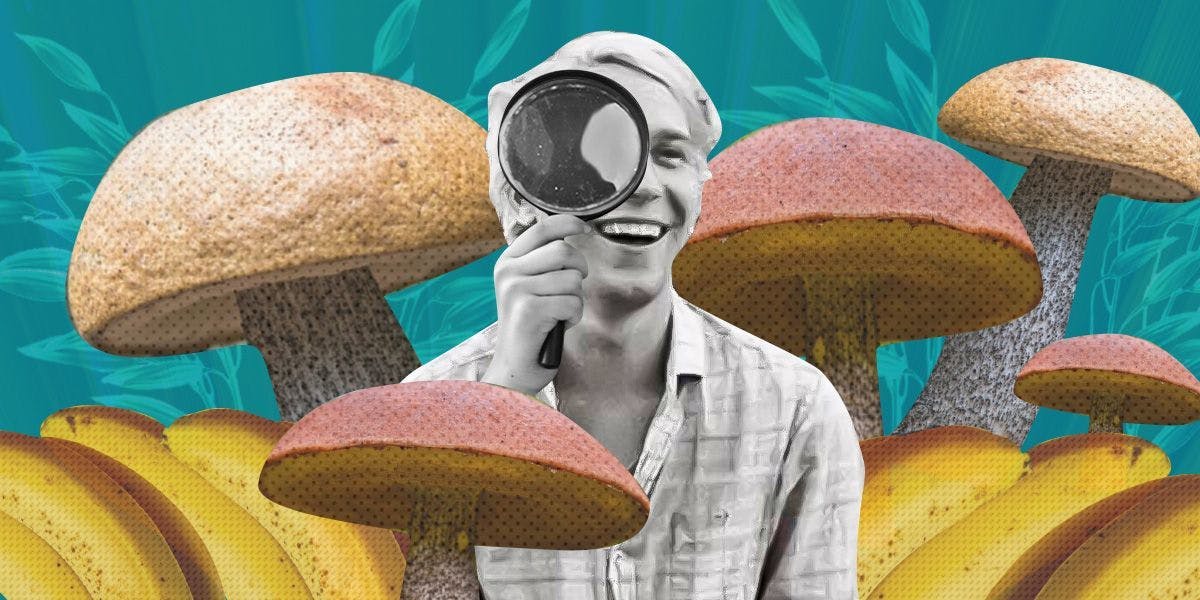Lifestyle
Power Of Plants: 6 Vegan Brain Foods For Mental Agility
7min read
Been wondering which plants have the power to boost your memory, enhance focus and help improve cognitive functions? You’ve come to the right place. Keep reading to discover all.
Brain-boosting foods
Here are some of our favourite plant-based foods to add to your diet and boost brain-power.
1. Dark chocolate

A bar of your favourite dark stuff might just help you think clearer.
No, this isn’t a trick. Dark chocolate is not only delicious (we knew that already, right?) but is also packed full of brain-boosting goodness. Compounds like flavonoids, antioxidants and caffeine – yes caffeine (we’ll get to that soon).
A study of healthy volunteers showed that blood flow to the brain was increased after eating high-flavanol cocoa for five days. Flavonoids are responsible for enhancing memory and slowing the rate of age-related cognitive decline. Not to mention that chocolate is a proven mood-booster too – where do we sign up for cocoa-related studies?!
2. Coffee
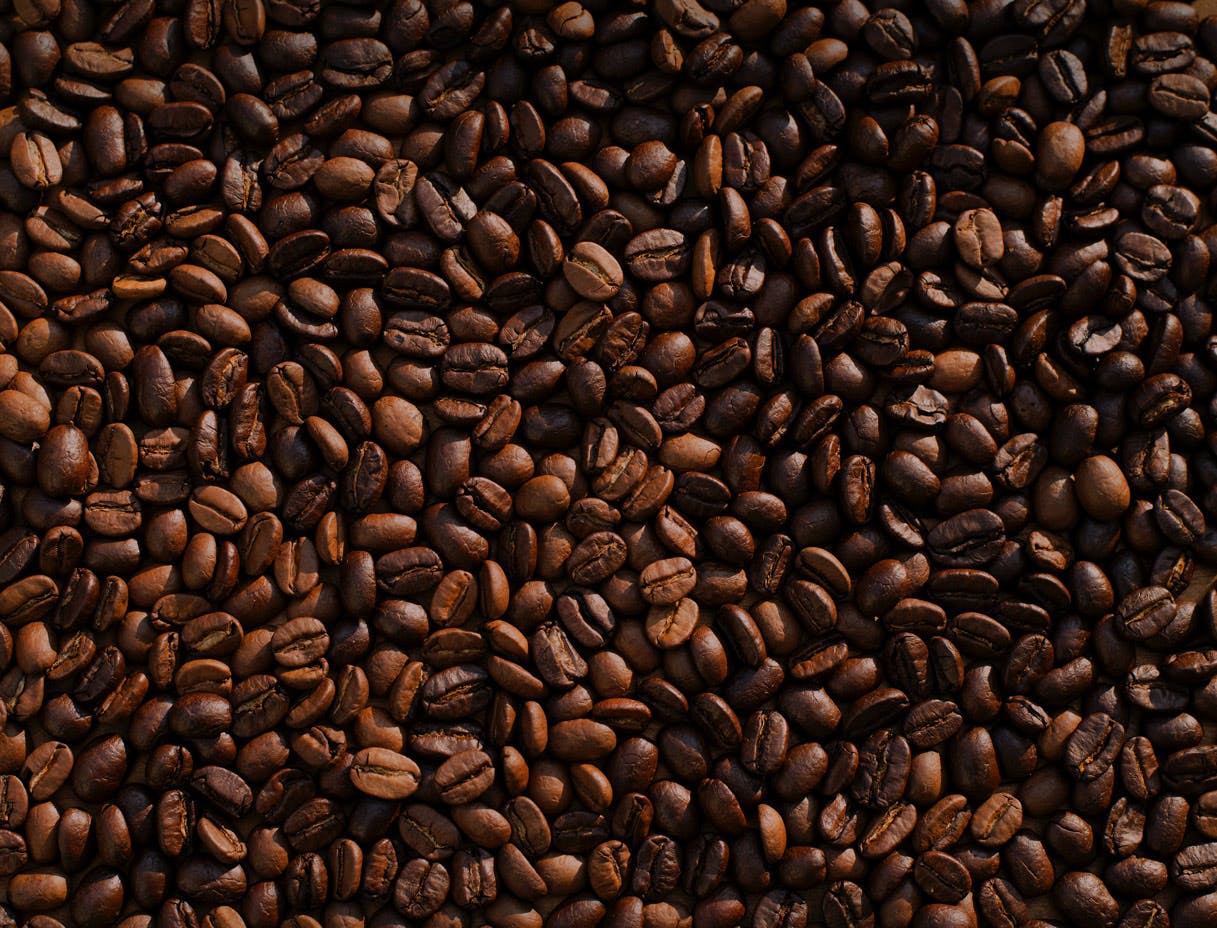
And the good news keeps on coming. Can coffee really help improve cognitive functions? (Yes.)
You won’t be surprised that it’s coffee’s caffeine content that’s partially responsible for it ending up on the list. Even though the effects like increased alertness, heightened focus, improved concentration and boosted mood might only seem temporary, drinking coffee regularly over a long period of time can result in a lowered risk of neurological diseases like Alzheimer’s and Parkinson’s. This is more the work of coffee’s antioxidant content though.
3. Blueberries
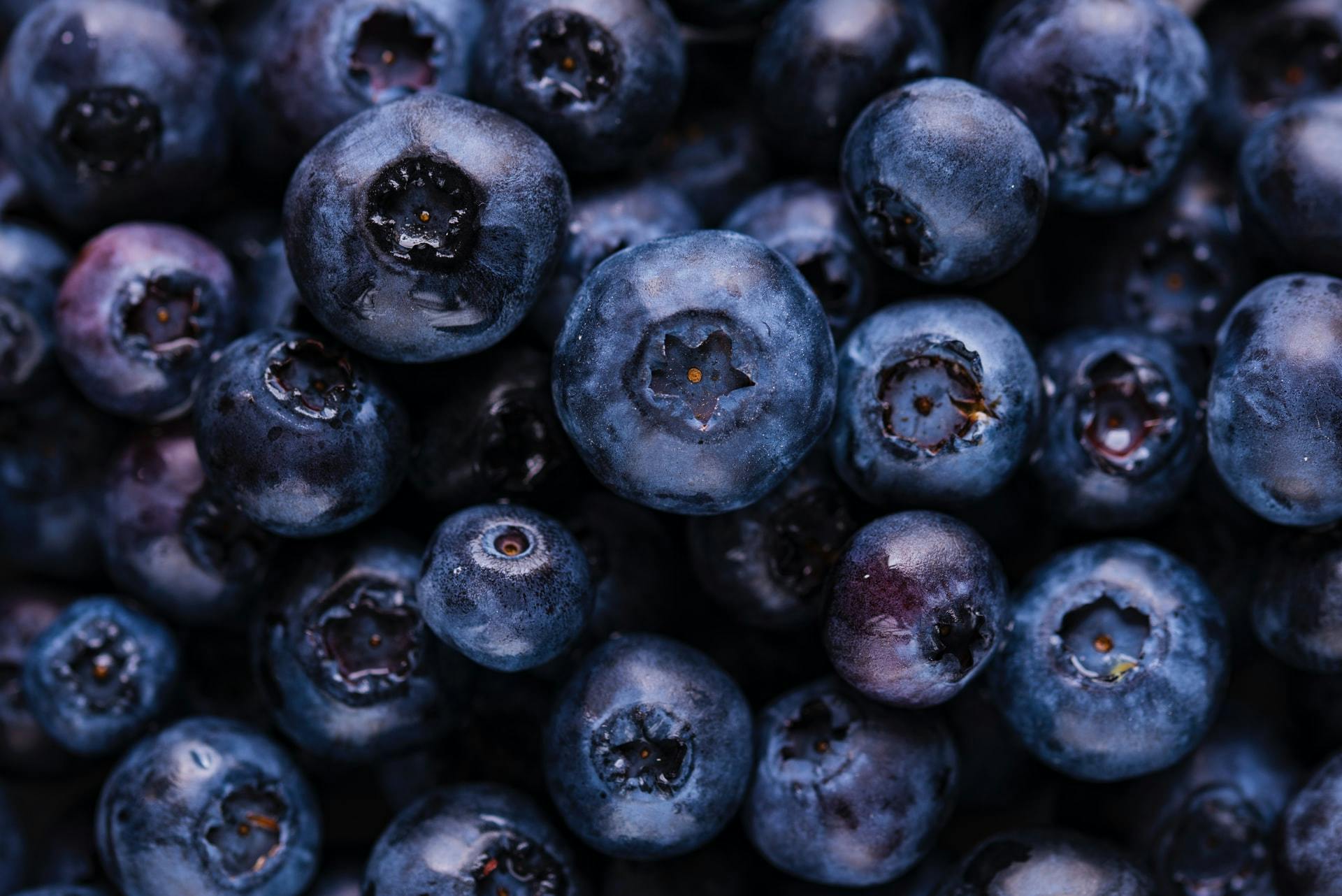
Whilst we’re on antioxidants, let’s chat blueberries.
Stress is never good, but oxidative stresses can speed up the brain’s ageing process which definitely isn’t something any of us are after. Whilst the natural antidote to stress might be going on holiday, oxidative stresses can be reversed by eating foods that are rich in antioxidants. Though this can take place poolside if you wish.
Blueberries specifically benefit ageing neurons, improve memory and even delay short-term memory loss by boosting brain functionality and generally delaying age-related cognitive decline.
4. Beetroot
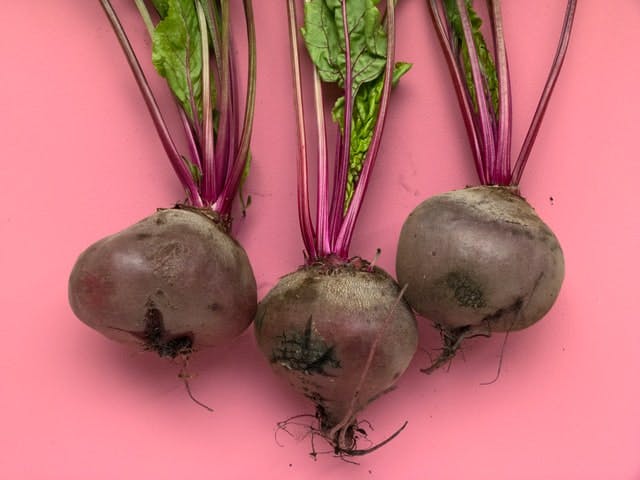
Whether you love your beets raw and juiced, or lightly roasted and in a vibrant salad, they might just be boosting your brain in ways you weren’t aware of.
Beetroot, perhaps unsurprisingly, is full of betaine which supports serotonin, a mood stabiliser and happy hormone. Everyone works better when they’re happy, right? Well, that’s because increased serotonin not only leads you to feel happier but also calmer and more focused for long stretches of time too.
Beetroot is also one of the top ten vegetables for antioxidants, which we’ve already discovered the brain loves, as well as folic acid. Folates, as well as being another mood stabiliser, are also believed to slow memory and age-related decline. As well as being great for our brains, folic acid vital before and during pregnancy for the healthy organ development of growing babies.
5. Nuts and seeds
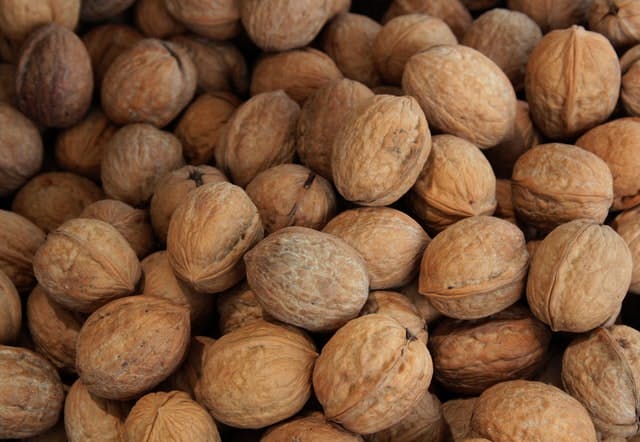
Some of your brain’s best friends are omega-3 fatty acids. Walnuts, flaxseeds, pumpkin seeds and hazelnuts are some of the top hitters and are really easy to include in your diet if you don’t already – from topping your breakfast bowl to on-the-go snacks, and more.
They’re another wonder-food that’s been shown to improve cognitive function and decrease the risk of neurodegenerative diseases. This is in part down to their high vitamin E content which not only helps protect cell membranes against the damage that free radicals can cause, but is also essential in keeping your hair and skin glowing and healthy.
6. Turmeric

Turmeric is an aromatic relative of ginger whose brain-boosting powers lie in its rich curcumin content. Whilst it might be more common knowledge that turmeric is a natural anti-inflammatory, its brain enhancing properties might be new news.
Curcumin has been proven to enhance spatial and non-spatial memory, and promote brain neuron growth by boosting the hormone that promotes brain cell production. Similarly to vitamin E, curcumin also promoted serotonin and dopamine, with studies showing it to be a highly effective antidepressant.
Curcumin may also slow the progression of Alzheimer’s disease as it’s thought that it’s responsible for clearing the amyloid plaques. These first develop in areas of the brain connected with memory and other cognitive functions linked to the disease.
Brain busting myths and boosting facts
Myths
1. That any one person is predominantly left, or right-brained
It’s a great idea we all love to buy in to, and one that dates back to the 1800s. That we can apply our creativity or logic to all situations and that it’s due to a dominant half of our brain. Any research you read will tell you there’s still so much to discover about our barin, but whilst studies have shown that some tasks involve greater work from certain parts of the brain, no one’s a fully left-brain or right-brain thinker.
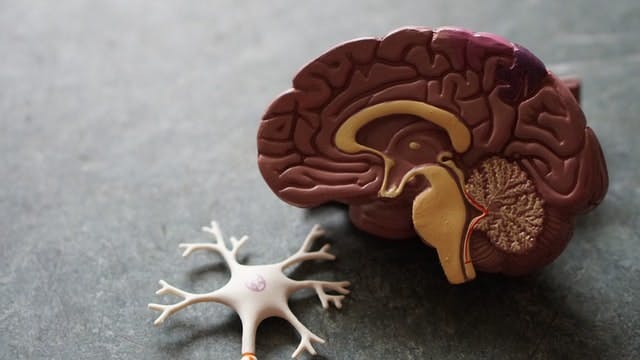
2. We only use 10% of our brains
This factoid seems to pop up fairly often, but it’s not actually true. Whilst popular culture might link this notion to the idea that our brains have untapped abilities (like vastly increased intelligence, uncharted memory skills or even telekinesis) this unfortunately isn’t the case. Traumatic brain injury research has shown that all of our brain shows levels of activity, even when we’re sleeping.
Facts
1. Your brain will continue to improve with age
Even though some cognitive functions might decline as we go through our lives, the truth is that the majority of our mental skills will actually continue to improve. Skills like vocabulary, math, general knowledge, and verbal comprehension are believed to peak as late as your early 70s.

2. The brain is made up of 73% water
Because our brains rely so heavily on water, even a 2% dehydration can have negative effects on cognitive function. Dehydration, as well as a lack of electrolytes and sodium, can result in changes to memory and attention.
More ways to boost your brainpower
Looking for more ways to train your brain outside of the kitchen? Well, these are for you.
Sleep hygiene
Good sleep hygiene is all about setting yourself up for the best night’s sleep possible and reaping the benefits of extra focus, productivity and concentration that follows. It’s all largely down to the environment of where you sleep, along with your general habits when you wake up, during the day and just before you climb into bed. Upgrading your sleep hygiene can lead to:
- Improved mental health
- Higher productivity during the day
- Greater focus
- Feeling more present
- Improvements to mood and memory
Curious to learn more about sleep hygiene? Get the full insight here.

Brain teasers and puzzles
Improve your mental agility with brain games and feel the perks in your daily life. We all know the feeling of leaving a head-scratching task more confused than we started, but by dedicating 20 minutes a day to any of the following activities could see heighten focus and quicker problem-solving in the long run:
- Crosswords and sudoku
- Jigsaw puzzles
- Luminosity app
Apps to help centre and focus
It’s important to take a breather and rest, but it’s easier said than done, right? Taking advantage of apps that are designed to help you keep calm and restore some balance to your days might not only put your mind at ease but also boost mood, concentration and focus. We love:
By Fabian Jackson
Fabian is one of our lovely Content Marketing Assistants who loves writing almost as much as he loves coffee, old episodes of Escape to the Country (no judgement here), and cooking up a storm in his kitchen.
Let us take care of dinner
We help to make eating more plants easy and delicious. Fancy letting us take care of dinner? Check out our delicious meals here.
Shop now
